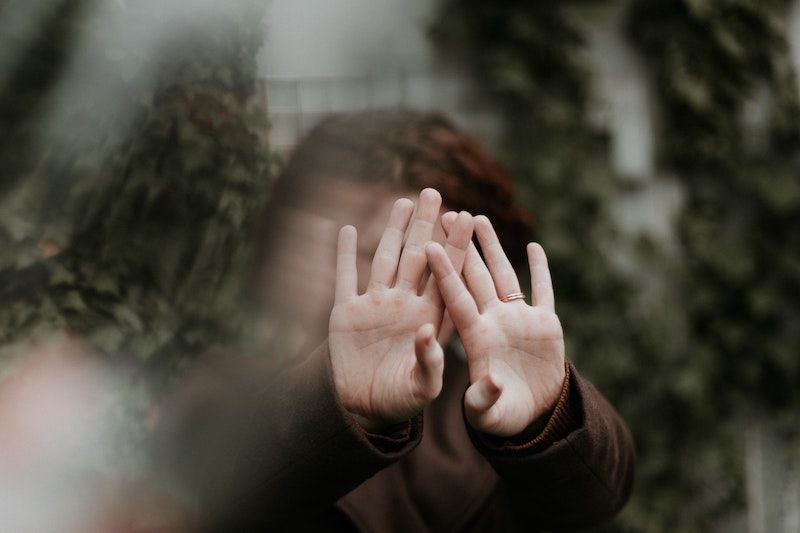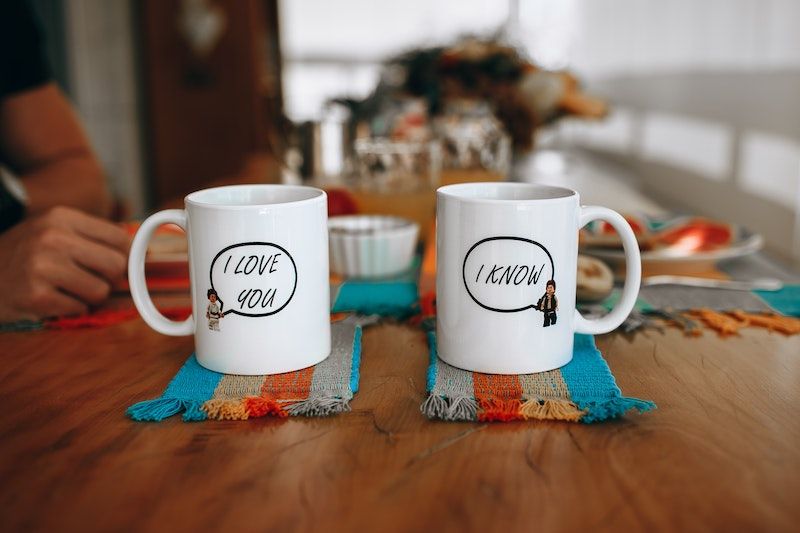Are you shielding from coronavirus? Maxine Ali explains more about shielding, caring for someone who is shielding, and tips for supporting your own, and your loved one’s wellbeing
When my partner received a letter from the NHS advising him to begin social shielding for the next 12 weeks, it brought up several questions about how those of us caring for and living with vulnerable loved ones could support and protect them throughout the outbreak.
Coronavirus has been a cause for stress and disruption for us all, but for many people with existing health conditions and disabilities, it has created a world where even answering the front door has become exceptionally unsafe.
What is shielding?
Shielding is a protective measure for people who are clinically extremely vulnerable and at very high risk of severe illness from coronavirus (COVID-19). The practice of shielding involves minimising face-to-face interactions between those who are extremely vulnerable and other people, in order to reduce the risk of spreading infection. Those who are shielding are advised to stay at home and avoid all non-essential contact with others.
On 23 March, the UK government announced that 1.5 million people in England had been identified as high risk and would receive letters in the following days advising them to shield for 12 weeks. People on this list include organ transplant recipients, people with specific cancers, severe respiratory conditions, rare diseases and those on immunosuppression therapies.
Whilst much of the advice and information available on shielding is directed at those identified as extremely vulnerable, it is also important that those who care for and/or live with someone who is shielding are informed and have the necessary tools to support their loved ones throughout this time.

Caring for someone who is shielding
If you are caring for someone who has been told to shield for 12 weeks, the advice from the UK government is to follow social distancing carefully, practice good hygiene, and only provide care that is essential. It is also useful to have alternative care arranged in advance for the person who is shielding, in case you become unwell and need to self-isolate. If you display any symptoms of coronavirus, you must suspend face-to-face visits. However, try to continue providing social support through video calls and online messaging, if you are able.
If you are caring for a vulnerable person and you are unable to provide essential care for any reason, they or you can register for further support with food and deliveries on the government website, or call the new dedicated helpline on 0800 028 8327.
Have a plan just in case the person who is shielding develops symptoms of coronavirus. If this happens, they or you should contact NHS 111 online or call NHS 111. Keep a hospital bag prepared, including a list of medications that the person shielding takes, emergency contact information, as well as things needed for an overnight stay, such as a toothbrush and pyjamas.
Be sure to take time to look after your own physical and mental wellbeing. It’s understandable to feel anxious about continuing care responsibilities while keeping the person you care for safe. If you need help, please don’t be afraid to ask for it. Talk to friends and family via phone or social media, or reach out to others in similar situations through online communities, such as the Carers UK forum.
What about if you live with someone who has been advised to shield?
Living with someone who is shielding has its own set of worries and practical constraints. You might be unsure what you are and aren’t able to do together anymore, whether you can still share communal spaces, eat meals together or if you should isolate from one another entirely for the foreseeable future.
Currently, the UK government advises that those living with someone who is shielding do not have to adopt protective shielding measures for themselves. However, they should stringently follow guidance on social distancing.
Those shielding should also minimise time spent in shared spaces, such as kitchens and sitting spaces, use separate bathrooms if possible, and sleep in separate beds from others.
For many of us, however, this isn’t always feasible. Perhaps due to space constraints or the dynamics of your relationship, distancing from the person you live with might not be practical and, if this is the case, it may be safer and more comfortable to shield alongside them. Additionally, shielding can be a lonely experience for vulnerable people who are likely already feeling scared and powerless. Being able to minimise household restrictions by shielding in solidarity can make this time somewhat less isolating.
Whether or not you decide to shield together will be a personal decision that will very much depend on the help available to you from outside, as well as your own physical and emotional needs.
If you do choose to shield alongside someone, there are ways you can support your household whilst looking after your own mental wellbeing.
Establish trust
Trust within a co-shielding household is paramount. Feeling assured that the people you live with understand and are taking the necessary precautions to protect themselves and everyone else, will help you all feel safe and secure at home.
Set time aside every week for each of you to communicate what you need to help make your home a safe space. Listen and try to accommodate each other as much as possible. If things become a little tense or frustrating, remember why you are doing this: you are protecting someone you care about.
Create a household co-shielding plan
Having a co-shielding plan will make the next 12 weeks feel more concrete and less like a vast sea of terrifying unknowns. A plan might include agreeing on cleaning and cooking responsibilities, setting up a way to receive essentials like food and medication (either supermarket and pharmacy deliveries or with help from friends, family or community volunteers), deciding on where everyone will work during the day, and what to do if someone needs peace and quiet.
Of course, things might not always go perfectly. With the state of the world changing daily, we can’t be sure that further adjustments and alterations won’t be necessary along the way. But having a flexible sense of how the next three months will be managed can help build a sense of preparedness within your household.

Find ways to create a sense of autonomy
Shielding can feel like a huge loss of independence, as many of the freedoms once available to us, such as going out for fresh air or popping down to the shops when you run out of milk, are no longer allowed. Instead, we’re reliant on outside support for the next few months and a constant hope that this will all be over soon. Therefore, it’s important to find ways to reinstate a sense of autonomy through activities you can do together at home.
Some more creative suggestions include tending to houseplants or gardening if you have your own private garden, cooking and baking, putting together a reading list or a watch list to work through over the next few months, or trying out a new skill. However, something as simple as keeping to a daily routine, having regular meals or starting and stopping work at set times can be enough.
This is not about putting unnecessary pressure on yourself to be productive. It’s about finding ways to foster a sense of control when all else feels up in the air.
Routine physical and mental health check-ins
Physical and mental health check-ins are important for everyone in your household. Physically, it’s useful to know how everyone is feeling so that you can respond quickly and appropriately if anyone becomes unwell. However, just because shielding is about physical safety, does not mean you should neglect mental health.
Create a space where discussions about mental health are open and welcome. Even if it is just to say ‘I’m not doing so well right now’, letting those you live with know that it’s OK to express how they really are and ask for help, can be a huge comfort during troubling times.
For more guidance about shielding and protecting people defined on medical grounds as extremely vulnerable, please read the UK government advice.


Comments